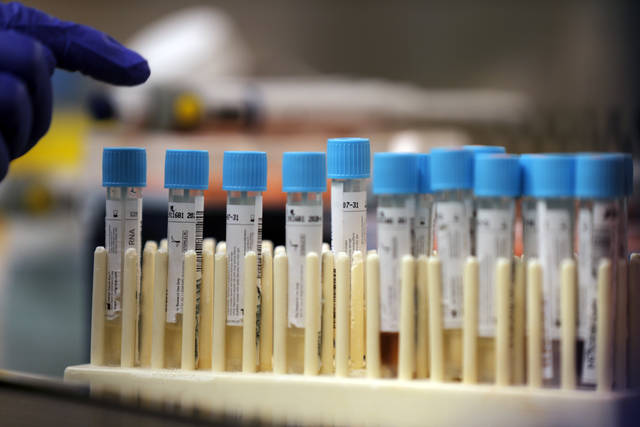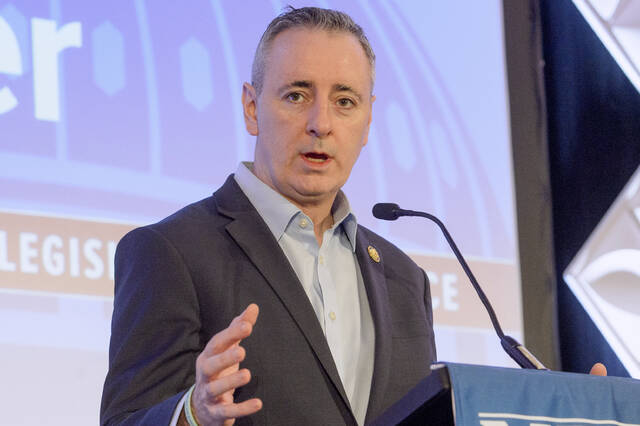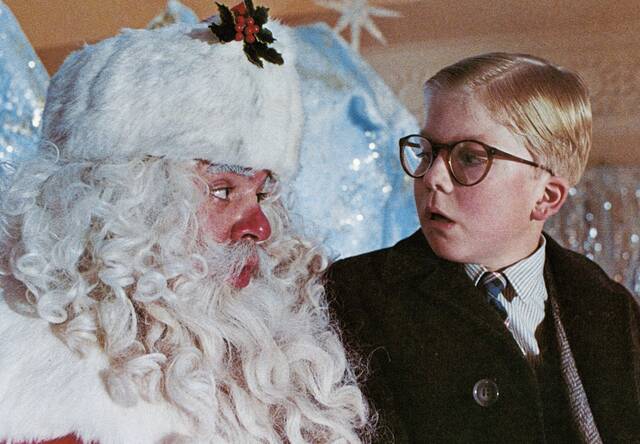I love science.
A casual glance at my high school report card might make that hard to believe, but it’s true. If social studies is the mythology of how we came to be where we are today, science is the magic.
The simple recipes of adding this element to that one to get a new molecule. The complex mechanics of how energy and matter work together. The theoretical physics of amazing ideas. They all come together into a kaleidoscope of reactions, processes and possibilities that build the natural world around us and make dreams come true.
The greatest thing about science is its broad possibility, but close behind that is its predictable limitations. You can combine a hydrogen atom with any of its other elementary cousins and come up with almost limitless compounds and formulas, but those atoms still obey the laws that make their ions charge and their bonds link up.
What I don’t like is pseudoscience. The best metaphor for pseudoscience isn’t even a metaphor. It’s an actual example.
If real science is medicine — and it is — then pseudoscience is a sideshow snake oil salesman.
The medicine offers all of those things that make up science. Observation and comparison, testing and reaction, diagnosis and discovery. There may be treatment. There may be prevention. But there are no promises. Real science is about truth, whether it is the truth we want to hear or not.
But that snake oil salesman? He’s less about the truth and more about the message. He doesn’t care what your disease is. He just promises a cure. The label on his bottle of unadulterated guarantees is a litany of all the different problems he will treat, from a headache and an upset stomach to cancer and the plague.
A pandemic leaves us wide open to pseudoscience because the truth of the science can be scary. If science is frank about the possibility of ventilators and death, pseudoscience that says it can help can seem comforting.
And the pseudoscience that plays to our politics can be the hardest to resist.
Enter the videos on YouTube and spread across social media. Things like the rapidly circulating purported documentary “Plandemic” play to fears the disruption, death and economic chaos aren’t the random chance of an invisible virus. They tell us there is someone to blame.
That is the biggest difference between science and pseudoscience. Science wants answers. Pseudoscience wants only the answers it has chosen for its own reasons — be they for belief or profit — and calls all other answers plots and lies.
And that is why I love science.








